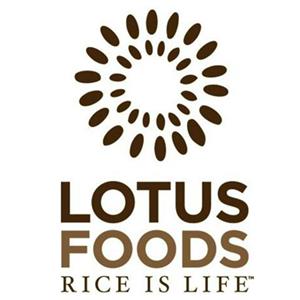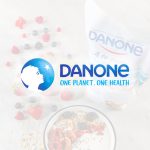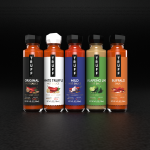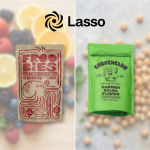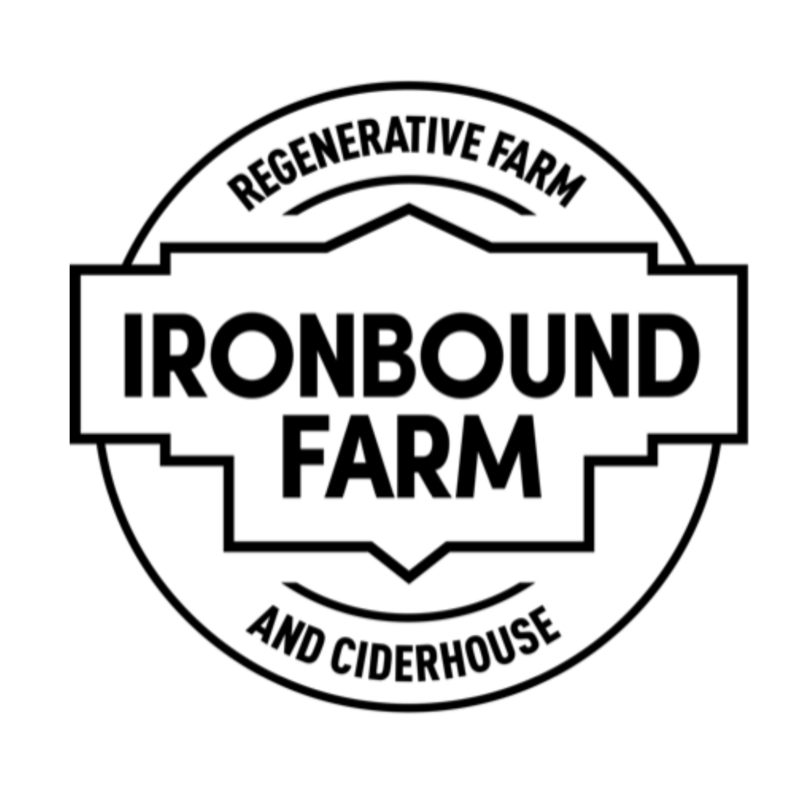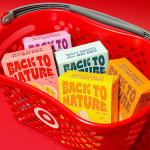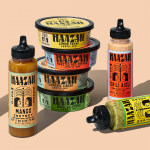Lotus Foods Raises $22.5 Million To Grow More Regen Rice
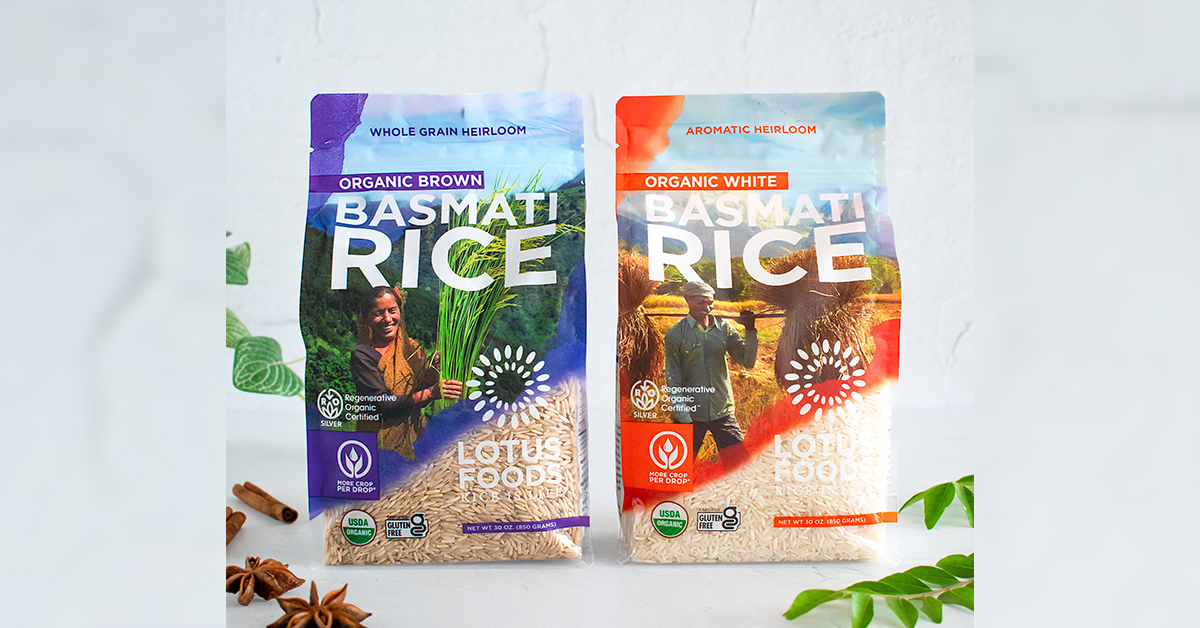
“What makes [Lotus founders] Ken [Lee] and Caryl [Levine] very unique is they take the long view – we wanted to make sure that we found the right partner,” Burke said, explaining that the team spent nearly three years searching for the right investor.
Stephen Hohenrieder, CEO of Grounded Capital, and William Culler-Chase, principal, will join Lotus’ board of directors as part of the deal.
Burke said internal conversations about how to finance the company’s next stage and scale its smallholder farming network have been simmering for a long time. He joined Lotus in 2019 as the company’s first c-suite executive, serving as president and COO, before moving into the CEO spot in 2023.
The investment decision was based around the idea of increasing consumer exposure while deepening the company’s ability to positively affect its base of regenerative farmers, Burke said.
“We had two decisions: go seek outside capital to accelerate that, or continue what they were already doing.”
The new funds will be deployed in three main areas: First, Lotus intends to deepen its investment within its existing farmer supply network and support those partners’ continued transition to regenerative agricultural practices. Lotus farmers currently use a unique growing method known as System of Rice Intensification (SRI) which it claims uses half the amount of water and 90% less seed and emits 40% less methane while producing two to three times greater yields.
Second, the company will expand its supplier network and its growing method to new regions. That means Lotus’ will begin to bring its unique growing practices, a process which it has trademarked under the name More Crop Per Drop, to new countries. Currently, Lotus sources from farmers across Cambodia, Thailand, Indonesia, China and India.
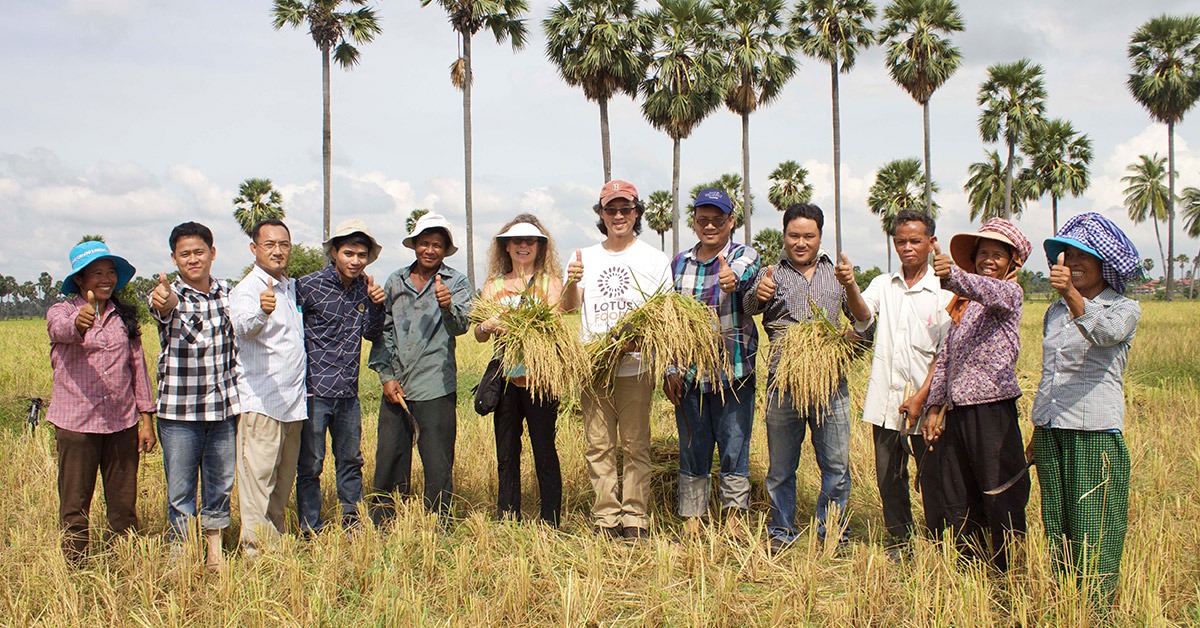
“We want to bring the Lotus story to a lot more people… we haven’t been able to interact with people and to make sure they understand what we are all about [in the past],” Burke said. “This investment enables us to do that from consumer understanding to consumer marketing, to the development of new, innovative platforms that use our products and present them to a consumer in a more convenient way. All of those things will be considered.”
Currently, Lotus Foods sells a lineup of over 40 SKUs spanning rice, rice noodles, ramen, heat-and-eat pouches and soup cups. The products are distributed to 9,000 stores across the U.S. including Whole Foods, Costco, Walmart, Wegmans, Safeway and Publix; the company also distributes to Canada.
Burke highlighted the environmental impacts that the industry as a whole has been faced with over the past few years, noting that it was another factor that weighed on the agriculture-based business’ financing decision. He said navigating those challenges further supported that Grounded is the “perfect partner” for Lotus because “they truly take an improving food systems approach to their investments – they think very broadly and thoughtfully, and it is very refreshing.”
With over two decades of industry experience, including serving as CEO of TCHO Chocolate and holding a range of senior positions at companies like E&J Gallo Winery, Diamond Foods and Nature Box, Burke knows a thing or two about guiding a CPG business through a period of growth. While he noted the current climate for investment is tough, he believes there are key focal areas that set a business apart from the competition.
“You have got to focus on the proposition. You have to focus on what your value offering is. You have to focus on what your impact is and how you’re going to make something different that consumers are going to want more than another product because of particular attributes it has. It gets into storytelling, it gets into building systems – it gets into building a brand.”

